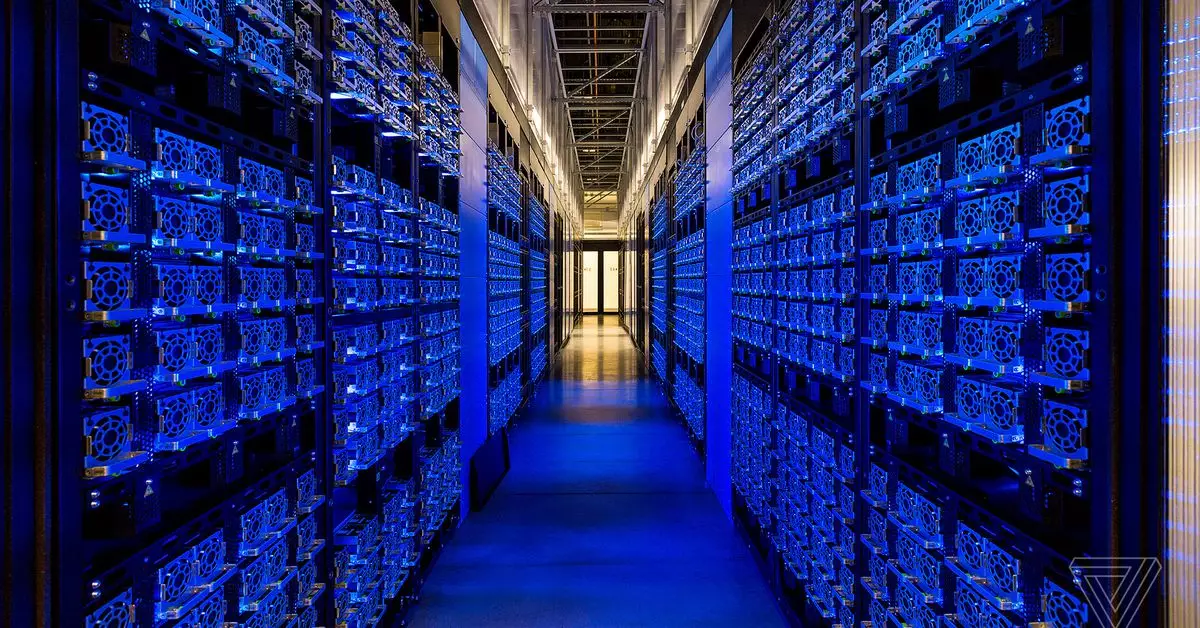The rapid advancement of artificial intelligence (AI) technologies has sparked a crucial conversation about its environmental impact. As AI tools become more prevalent and sophisticated, the demand for data centers equipped with power-hungry GPUs has increased significantly. This, in turn, raises concerns about the amount of energy consumed by these facilities and the potential implications for the climate. The question of whether the benefits of AI justify its environmental cost is a pressing issue that cannot be ignored.
Tech giants like Amazon, Google, and Microsoft have been at the forefront of efforts to address climate change by setting ambitious goals for sustainable energy usage. However, the rapid expansion of AI technologies has led to these companies surpassing their emissions targets and contributing to the worsening of environmental conditions over time. This poses a dilemma for both the tech industry and environmental advocates, as the very entities striving to combat climate change are inadvertently exacerbating the problem through their AI initiatives.
The environmental concerns surrounding AI extend beyond data centers and GPU usage. Other digital platforms and technologies, such as social media platforms like TikTok and YouTube, as well as online gaming and cryptocurrency, also contribute to energy consumption and carbon emissions. The prevalence of power-hungry GPUs in consumer electronics and the reliance on data centers for various online activities further complicate the issue.
Assessing the climate impact of AI technologies and related products requires a nuanced approach. For instance, comparing the power draw of AI GPUs to gaming GPUs sheds light on the broader implications of energy consumption in the tech industry. It is essential to consider the environmental footprint of different technologies and evaluate how they contribute to overall energy consumption and carbon emissions.
The intersection of AI and climate change presents a complex and contradictory landscape. While AI technologies have the potential to drive innovation and efficiency, they also pose significant challenges in terms of environmental sustainability. Navigating these contradictions requires careful consideration of the trade-offs involved in the adoption and use of AI tools.
The environmental impact of AI is a multifaceted issue that warrants careful scrutiny and critical evaluation. As AI technologies continue to evolve and shape various aspects of our lives, it is crucial to address their environmental implications and work towards sustainable solutions. Collaboration between tech companies, policymakers, and environmental advocates is essential to mitigate the negative effects of AI on the climate.


Leave a Reply